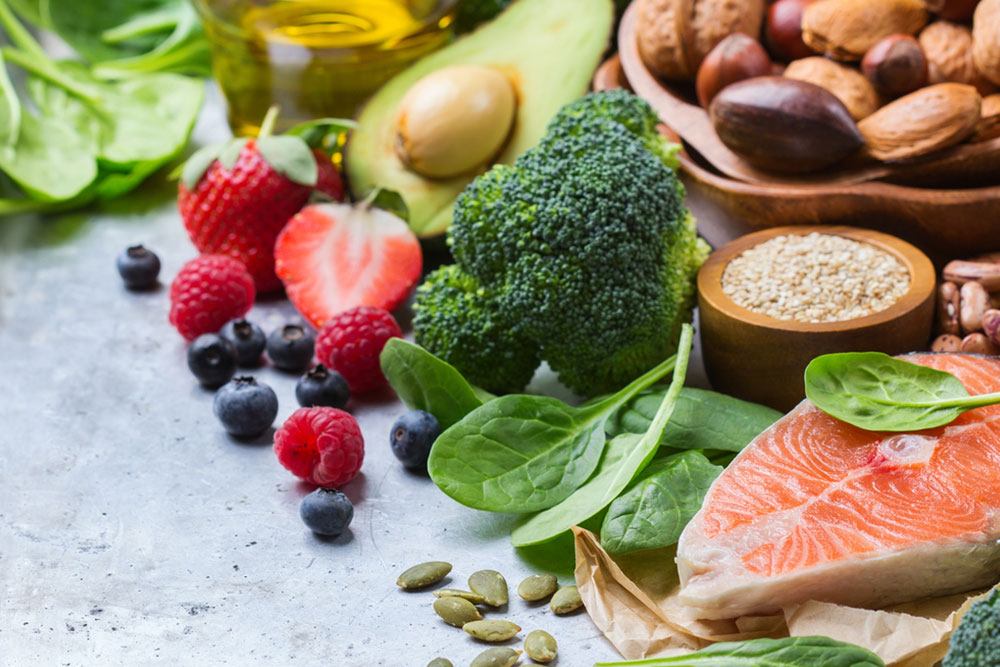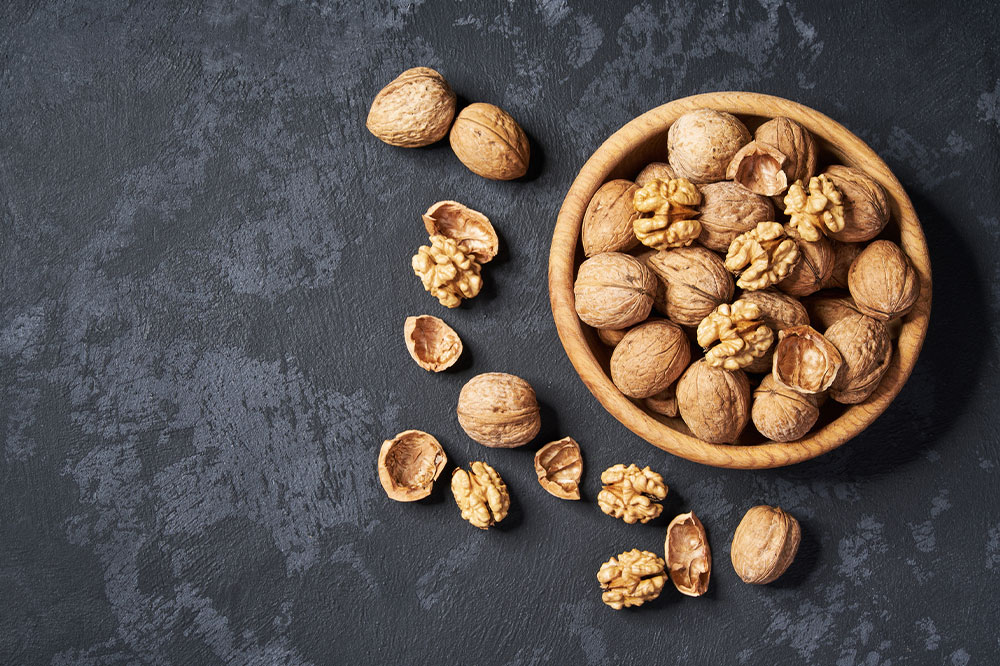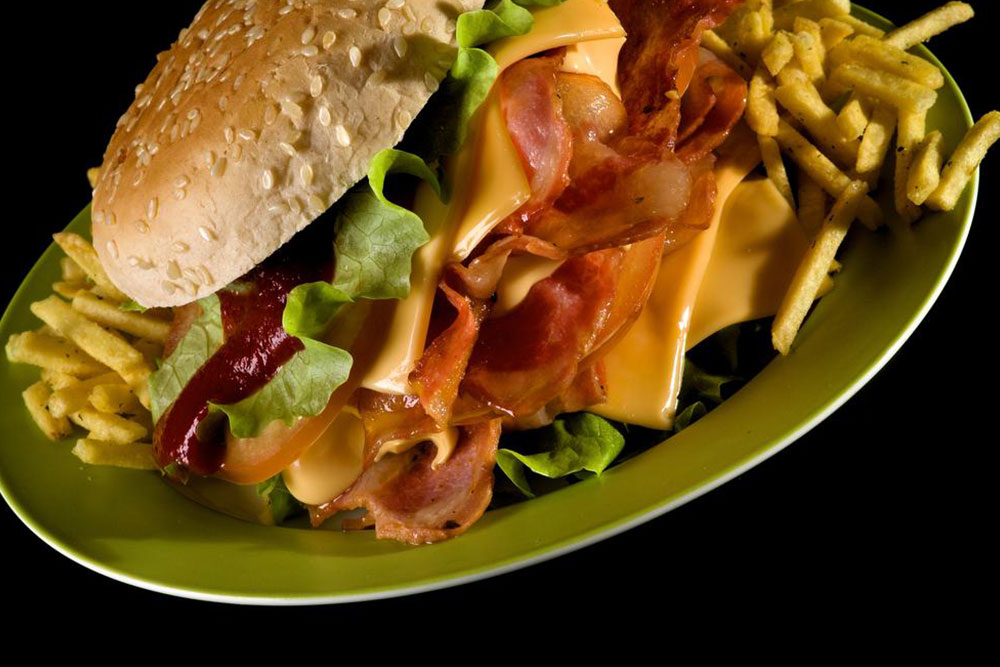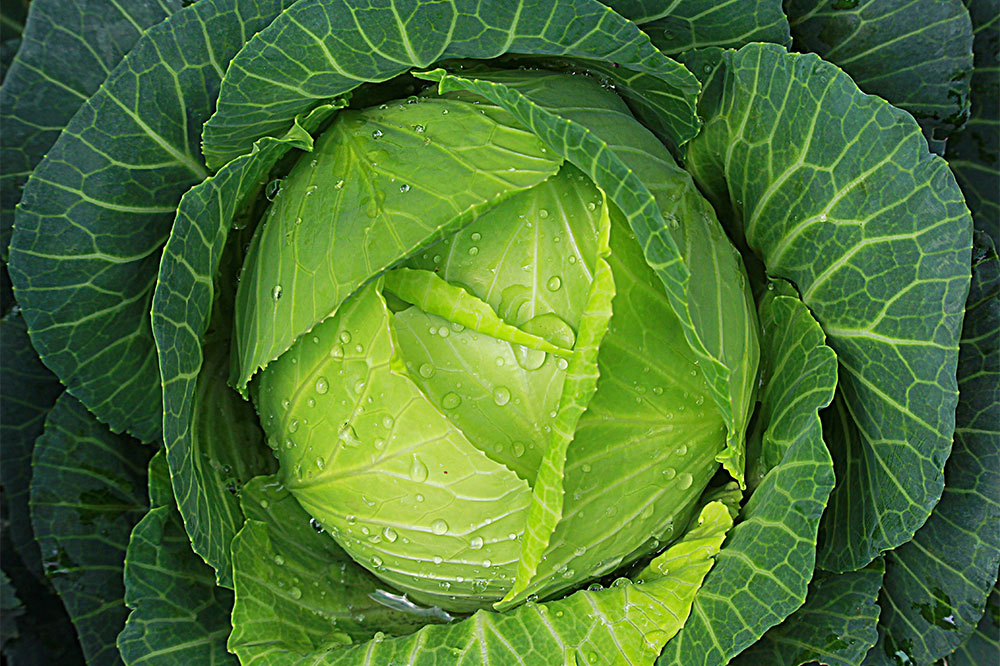Dietary Tips: Foods to Avoid if You Have Bipolar Disorder
This article offers essential dietary advice for individuals with bipolar disorder, highlighting foods to avoid to maintain mood stability. It discusses triggers such as caffeine, high-fat foods, tyramine-rich items, alcohol, grapefruit, sugar, and excess salt, explaining their effects. Following these guidelines can help manage symptoms and improve overall well-being. Consulting healthcare professionals for personalized advice is recommended.

Essential Dietary Guidelines for Individuals with Bipolar Disorder
Dietary restrictions for bipolar disorder
Bipolar disorder is a neurological condition characterized by extreme mood swings, fluctuating between depression and mania. While medication is vital, nutrition significantly influences mood stability and symptom severity. Certain foods can exacerbate mood episodes and should be limited or avoided by individuals with bipolar disorder.
Foods That May Trigger Mood Fluctuations
Specific food items can provoke manic or depressive states, leading to unpredictable mood shifts. Monitoring dietary intake and symptoms is crucial to identify and eliminate triggers. Keeping a food diary can help pinpoint problematic foods that may influence mood instability.
Caffeine
Excessive caffeine intake can disrupt sleep patterns and worsen mood episodes. It also irritates digestion and raises acidity levels. Limiting coffee and caffeinated beverages can promote better mental stability.
High-fat foods
Foods rich in unhealthy fats may impair medication effectiveness and contribute to cardiovascular issues and weight gain. Avoiding fatty foods is beneficial, especially during medication use, to improve overall health and treatment outcomes.
Tyramine-rich foods
For those on MAO inhibitors, foods containing tyramine—such as aged cheeses, fermented products, ripe bananas, soy sauce, and cured meats—can cause dangerous blood pressure spikes and should be avoided.
Alcohol
Alcohol consumption can exacerbate depressive episodes and interfere with medications. Abstaining from alcohol is recommended to maintain mood stability and health.
Grapefruit and juice
Grapefruit can interact with bipolar medications, causing side effects like drowsiness or toxicity. It’s best to avoid grapefruit while on treatment.
Refined sugar
High sugar intake can lead to weight gain and blood sugar spikes, negatively impacting mood and overall health. Artificial sweeteners may also trigger symptoms in some individuals, so they should be consumed cautiously.
Excess salt
High salt levels can affect blood pressure and lithium levels, potentially causing health issues. Limiting salt intake supports better stability and health management.
Adhering to these dietary guidelines can help manage bipolar symptoms, improve medication efficacy, and enhance quality of life. Consulting a healthcare professional for personalized advice is advisable.









